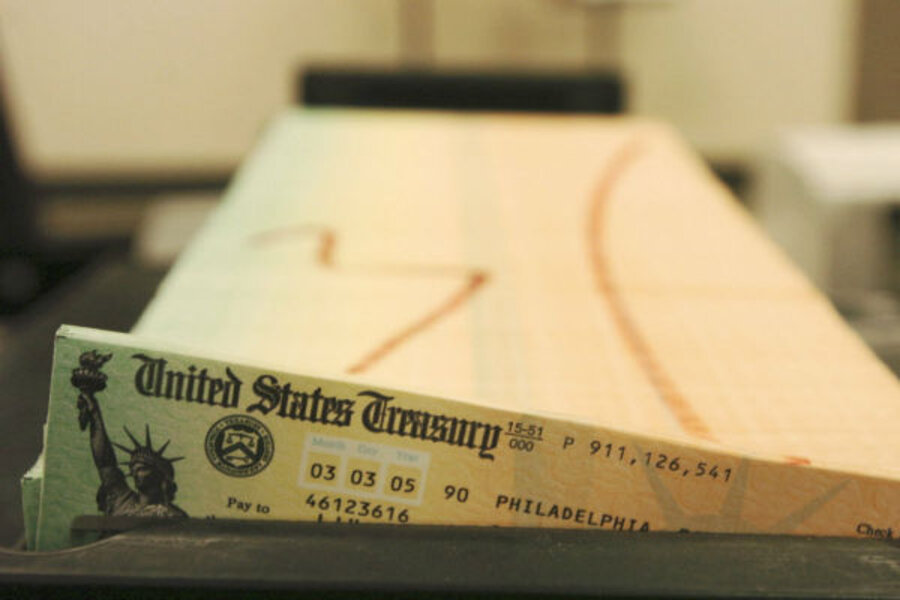Money as security (or other things)
Loading...
Money means a lot of different things to different people. Money can represent potential stuff. It can also represent potential experiences. For some, money can represent power or social acceptance. Others might see money as a corrupting or evil influence. Still others might see money as a tool for promoting social change.
For me, though, money is security.
Whenever I think about my financial state, I don’t immediately think about the things I could be doing with it. I don’t think about all the stuff I could buy or the wonderful trips I could go on. I don’t think about using it to put myself in a powerful position or to push my way into a social circle. I don’t think of it as evil, and I don’t really see it as a tool for promoting change on a broad level (maybe if I had more money, I might).
What I do see at first glance is security for me and my family. Living a financially stable life means that my children will have the best chance at growing up with all of the opportunities in the world. It means that I won’t have to worry for quite a while about putting food on the table or paying for an extracurricular activity for one of my kids. It means I can make some career mis-steps without having our lives fall apart. It means less stress in my life.
There’s nothing wrong with seeing money as something else. If you see it as potential experiences or as a tool for achieving a leadership position or as an avenue for climbing the social ladder or as a way to push forward a social issue you care about, that’s perfectly fine.
Different perspectives on money come from the fact that we’re all different people with different values. We want different things out of life and, in most of the cases, money is the tool that will help us get tohse things.
For me, the real challenge is keeping my values in mind, even in the heat of the moment.
When life is flying by you, it is easy to get tempted by other things going on in your life. There are countless situations where the spending of money can give you social opportunity, provide you with a great experience, buy you something you desire, or countless other things.
It is in those moments where your values really matter the most. They guide you towards the right decision for what you care about most in life.
It is because of those moments that I’ve spent a lot of time thinking about my values. I want to be sure that the things I draw on in those moments to make a decision are the right ones.
Before I had spent a lot of time considering what was actually most important to me, it was much easier to get sucked into the heat of the moment and spend money in a way that didn’t support what I wanted most in life. My impulsiveness would take over, or a friend would cajole me into buying something expensive or throwing money towards a sill activity.
The more time I spend actually considering what I want from my life, the easier it becomes to resist short-term impulses. It becomes much easier to say “no” to a temptation in that moment if I’ve spent a lot of time really understanding what it is that I want most.
A big part of personal finance success is understanding what you truly value and sticking with those values. Discovering what those values are takes time and a great deal of introspection. There is no simple recipe for finding them, but spending time reflecting on what you want most from your life will help lead you in the right direction.
RELATED: Can you manage your money? Take our personal finance quiz!






